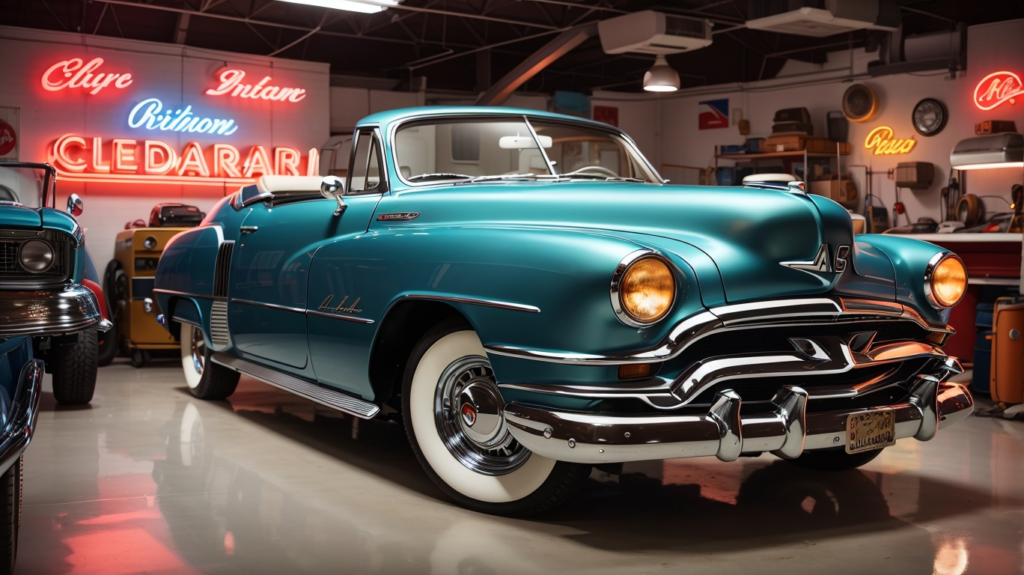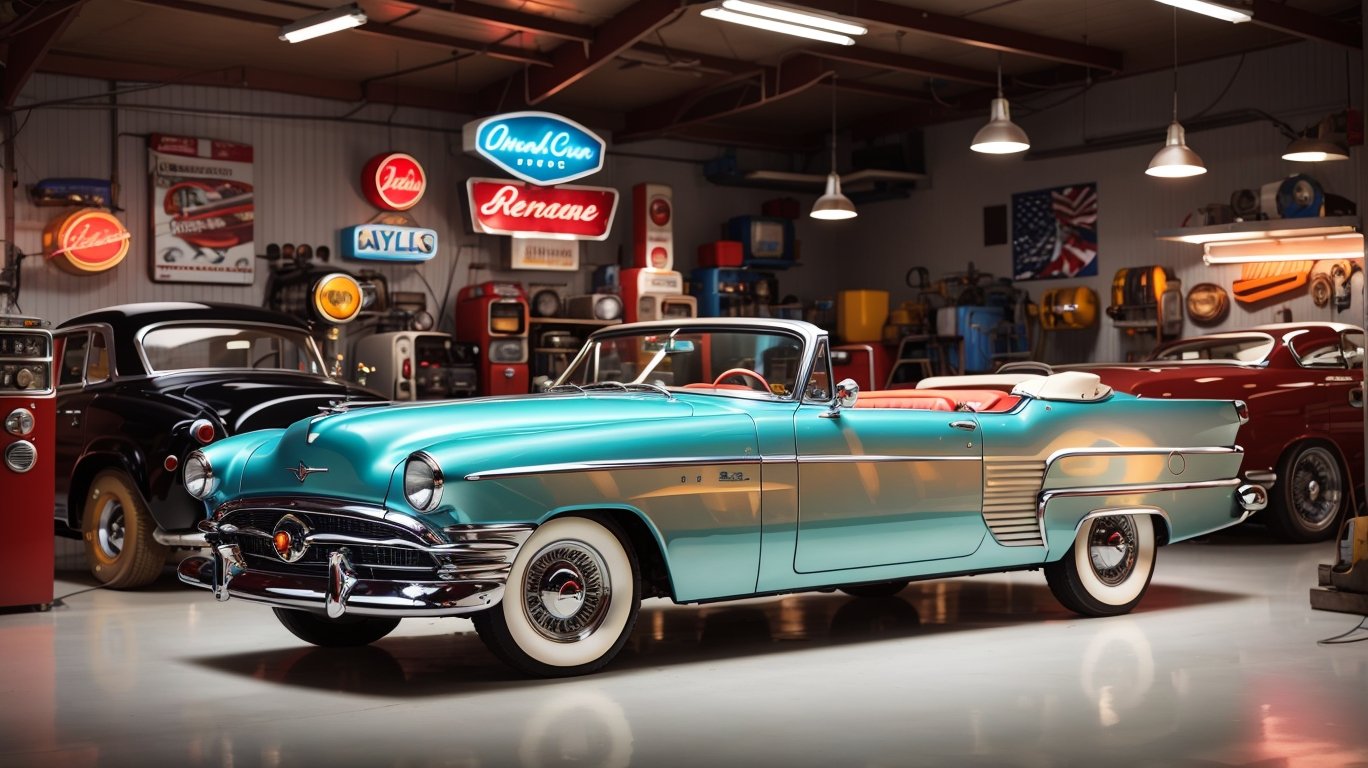
Buying a rebuilt car is a great way to get a discounted price on a used vehicle. However, some risks are involved when you purchase a car with a rebuilt or salvage title. This article will examine the pros and cons of buying a rebuilt car so you can make an informed decision.
What is a Rebuilt Title?

When a car has been declared a total loss by an insurance company after an accident or flood damage, it receives a salvage title. This means the insurer has determined the repairs would cost more than the car is worth.
Once a salvage title car is repaired, it can be issued a rebuilt title. This new title indicates the car has been refurbished after being severely damaged. However, even with repairs, a rebuilt car is not the same as a car with a clean title.
Pros of Buying a Rebuilt Car
1. Lower Cost
The main advantage of buying a rebuilt car is the lower price. Since the car was previously declared a total loss, it will be worth significantly less than comparable clean title cars. You can often buy a rebuilt car for 20-40% less than a similar car without any accident history. This can mean huge savings, especially on newer model cars.
2. Good Deal if Repairs Were Done Properly
If repairs on a rebuilt car were completed properly by a reputable shop, it may still have plenty of life left. Body shops are often able to restore damaged vehicles to like-new condition both cosmetically and mechanically. If you can verify the quality of repairs, a rebuilt car could be a great deal.
3. Easier to Insure
Contrary to popular belief, it is usually not more difficult or expensive to insure a rebuilt title car. Most insurers will provide liability and collision coverage for a rebuilt vehicle. Comprehensive coverage may have exclusions for certain types of previous damage. But overall, rebuilt cars are not prohibitively expensive to insure.
Cons of Buying a Rebuilt Car
1. Lower Resale Value
One big downside of buying a rebuilt car is the hit to resale value. The branded title will scare away many buyers, making the car much harder to sell later. Even if repairs were done perfectly, a rebuilt car will still be worth less at trade-in or private sale.
2. Questions About Quality of Repairs
While some rebuilt cars are fixed properly, many are repaired poorly using aftermarket or salvaged parts. Unscrupulous sellers may hide shoddy repair work that could fail down the road. Without documentation, it’s hard to verify repairs.
3. Possible Safety Issues
Major damage like frame or electrical issues can be difficult to identify and fix. If underlying problems remain, it could lead to safety issues. Accidents, flood damage, and theft recovery may cause lingering problems if repairs were subpar.
4. Reduced Peace of Mind
You’ll always have some uncertainty about the true condition of a rebuilt car. Without knowing the full history and seeing repair invoices, you may end up with a lemon. This lack of transparency from sellers reduces peace of mind.
How to Assess a Rebuilt Car

If you decide to shop for a rebuilt title vehicle, take steps to carefully assess its condition first:
- Get a vehicle history report – Order a CARFAX or AutoCheck report to see accident details, number of owners, and title history. Look for title washing or odometer rollbacks.
- Have a mechanic inspect the car – Pay for a full mechanical inspection by an independent mechanic. They can spot evidence of repairs and test for issues.
- Review repair documentation – Ask to see all invoices associated with repairs. Verify OEM or quality aftermarket parts were used.
- Test drive the car thoroughly – Take an extensive test drive of at least 30 minutes. Listen and feel for any problems or odd noises.
- Assess bodywork carefully – Look for panel gaps, misaligned body panels, overspray, and other signs of repairs.
The Bottom Line on Rebuilt Cars

Rebuilt title vehicles present potential cost savings and risks for used car buyers. While the discount is attractive, unknowns about damage history and repair quality remain. Please look over any rebuilt car carefully before purchasing, and weigh the pros and cons. An informed buyer who verifies repairs can get a good deal on a rebuilt car, but significant due diligence is required. Approach rebuilt cars with realistic caution and thoroughly assess risks before any purchase. With eyes wide open, a rebuilt title can be a smart money-saving option.
FAQs
Q: What are the pros and cons of buying a car with a rebuilt title?
A: Pros of buying a car with a rebuilt title include the potential for cost savings compared to buying a car with a clean title. Cons of buying a car with a rebuilt title include potential difficulties with financing, insurance, and resale value.
Q: What are the pros and cons of buying a rebuilt vehicle?
A: Pros of buying a rebuilt vehicle include the potential for cost savings compared to buying a new car. Cons of buying a rebuilt vehicle include potential issues with reliability, resale value, and difficulties with financing and insurance.
Q: How do I get insurance for a car with a rebuilt title?
A: Getting insurance for a car with a rebuilt title can be more challenging than insuring a car with a clean title. However, many insurance companies do offer coverage for rebuilt title cars. It is important to shop around and compare quotes from different insurance providers.
Q: How does a rebuilt title affect the value of a car?
A: A rebuilt title can significantly affect the value of a car. Typically, cars with rebuilt titles have a lower resale value compared to cars with clean titles. Buyers should be aware of the potential impact on the future value of the vehicle.
Q: What does “rebuilt title” mean?
A: A rebuilt title is a designation given to a vehicle that was previously declared a total loss due to damage but has since been rebuilt and restored to a roadworthy condition. It indicates that the vehicle has undergone significant repairs or reconstruction.
Q: How much does a car with a rebuilt title cost?
A: The cost of a car with a rebuilt title can vary depending on factors such as the make, model, age, and condition of the vehicle. Generally, cars with rebuilt titles are priced lower than cars with clean titles, but the exact cost will depend on individual factors.
Q: Can I insure a car with a salvage title?
A: Insuring a car with a salvage title can be more challenging than insuring a car with a clean title. Not all insurance companies offer coverage for salvage title cars. It is recommended to contact different insurance providers to inquire about their policies regarding salvage title vehicles.
Q: What are the pros and cons of buying a car with a salvage title?
A: Pros of buying a car with a salvage title include the potential for significant cost savings compared to buying a car with a clean title. Cons of buying a car with a salvage title include potential difficulties with financing, insurance, and resale value.
Q: What is title washing?
A: Title washing is a dishonest practice where the title of a car with a salvage or rebuilt status is changed or “washed” to make it appear as if the car has a clean title. This is often done to hide the car’s history of damage from potential buyers.
Q: What is the value of a car with a rebuilt title compared to a car with a clean title?
A: Generally, cars with rebuilt titles have a lower value compared to cars with clean titles. The reduced value is mainly due to the history of significant damage that led to the car being declared a total loss and rebuilt. The exact difference in value can vary depending on individual factors.









Leave a Reply